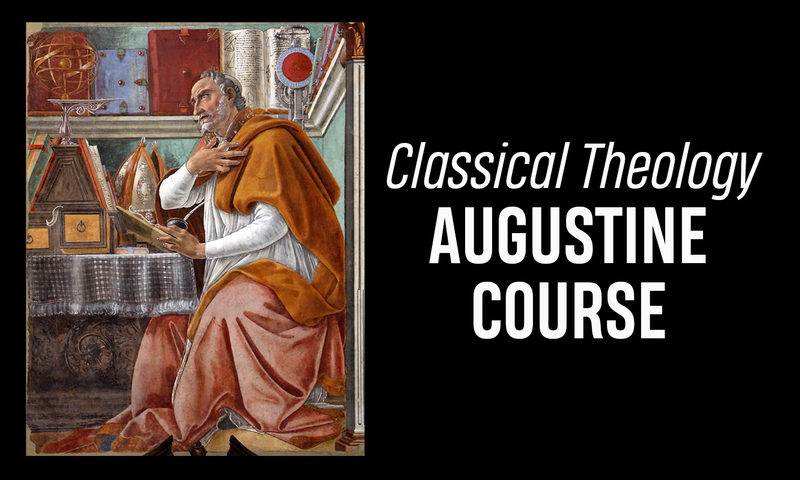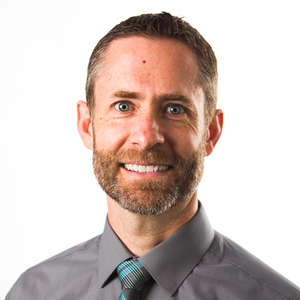Last semester, I had the privilege of touring the works of the great North African bishop, Augustine of Hippo (354-430). Students from Talbot’s new MA in Classical Theology joined me as we explored Augustine’s biography, his exegesis and his theology.
Biography
We embarked with the first biography of Augustine, written by his close friend Possidius. Then we turned to Augustine’s own texts. Here was our weekly itinerary:
- Our first Augustine text wrestled with how to interpret Scripture: On Christian Teaching 1, 2.1.1-2.16.23, 4.1.1-4.17.35
- Then to Augustine’s first masterpiece, the first real autobiography ever written: Confessions 1-8 (Augustine’s early life and conversion)
- Confessions 9-13 (Augustine’s vision of his Christian vocation)
- Then we observed three successive battles in Augustine’s ministry: Against the Manichees, who wanted to unhitch Christianity from the Old Testament: Against Faustus 4, 6, 9, 10, 12, 15 (also Letter 82)
- Against the Donatists, who imagined a pure church untainted by sin: Homilies on the First Epistle of John 2, 5-9
- Against the Pelagians, who believed that humans have the ability to do good works without God’s grace: On the Spirit and the Letter and On Nature and Grace
Exegesis
Before Augustine became a Christian, he had amassed ten years of training in the heretical exegesis of the Manichees. When Augustine met the Lord, he saw the Bible in a whole new light. He began a career of teaching Scripture. His passion was to save others from his own former errors, and to display to everyone the beauty and power of the Bible.
- Literal Meaning of Genesis 1, 6, 9, 11 (the six days of creation, Adam and Eve, the fall)
- Expositions of the Psalms 120, 139, 141, 143 (119, 138, 140, 142 in the Latin, read in light of Augustine’s profound awareness of the totus Christus, “the whole Christ”)
- Homilies on the Gospel of John 32, 34-40 (on John 8, Christ the light of the world)
- Sermons 9, 43, 56, 80, 105A, 184, 243, 296 (crowds flocked to hear Augustine preach)
Theology
It’s not too much to say that Western theology is a footnote to Augustine. Augustine’s theology reaches its most vivid and mature form in his great works on the Trinity, on the history of salvation, and on the doctrine of predestination.
- The Trinity 1, 2, 4.25-32, 5, 7 (masterpiece #2, selections on the exegetical basis for Nicene trinitarianism)
- City of God 13, 14 (masterpiece #3: original sin and the two cities)
- City of God 19, 22 (politics and eschatology)
- The Predestination of the Saints and The Gift of Perseverance (an extension of his earlier works against the Pelagians, reflecting on faith itself being a gift of God)
What a gift to spend a semester with Augustine in the company of sharp, dedicated and warmhearted students.
We are hoping to revisit Augustine in 2022. Perhaps you would consider joining us? Applications to Talbot’s MA in Classical Theology are open.
(You can take a look here at other MACT courses: Trinity, Christology and Romans.)
 Biola University
Biola University

.jpg)


.jpg)